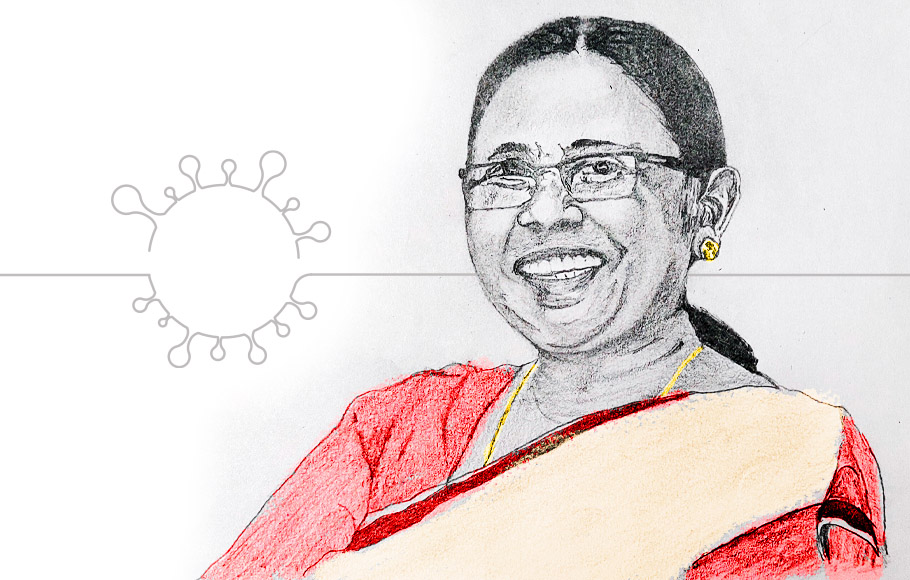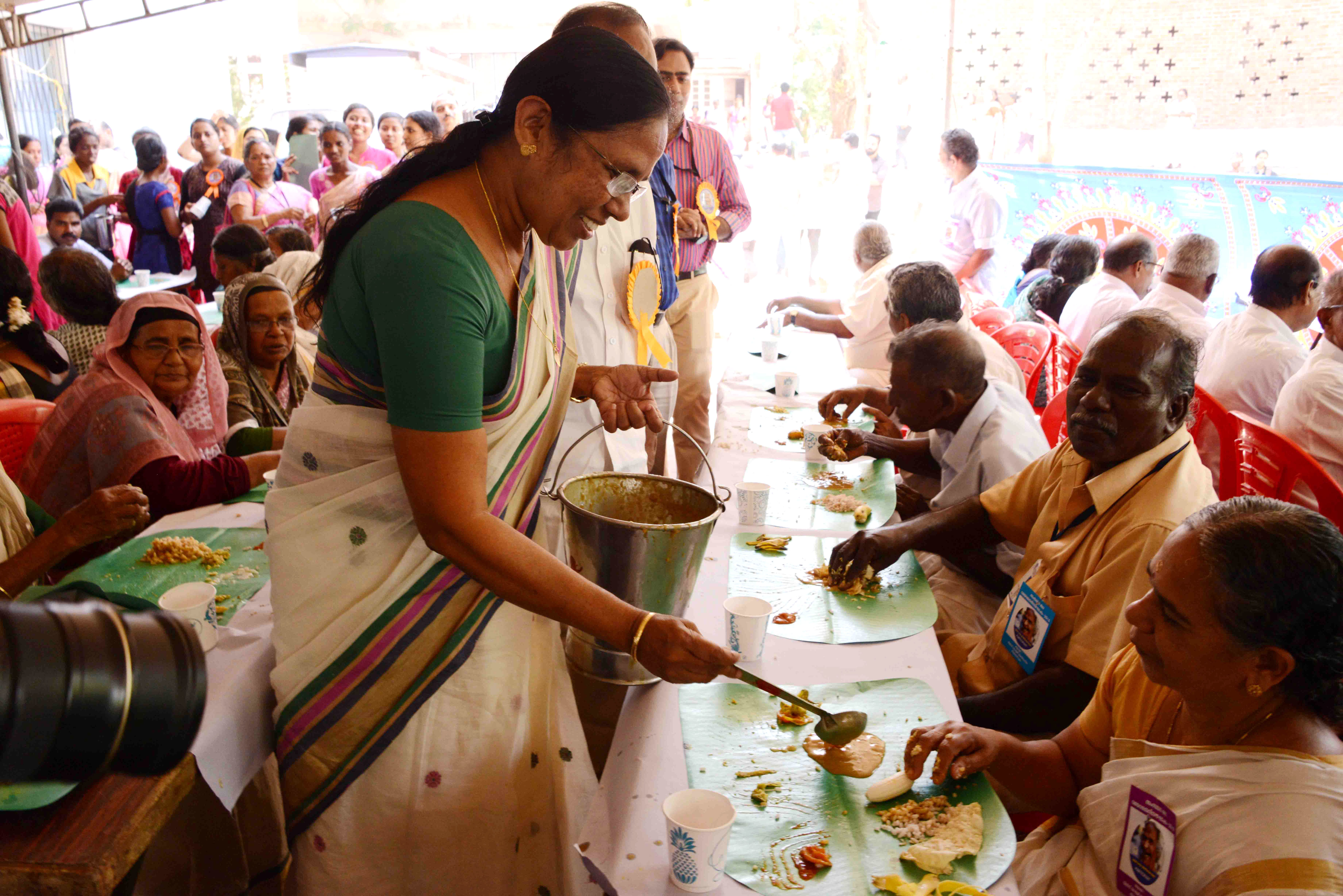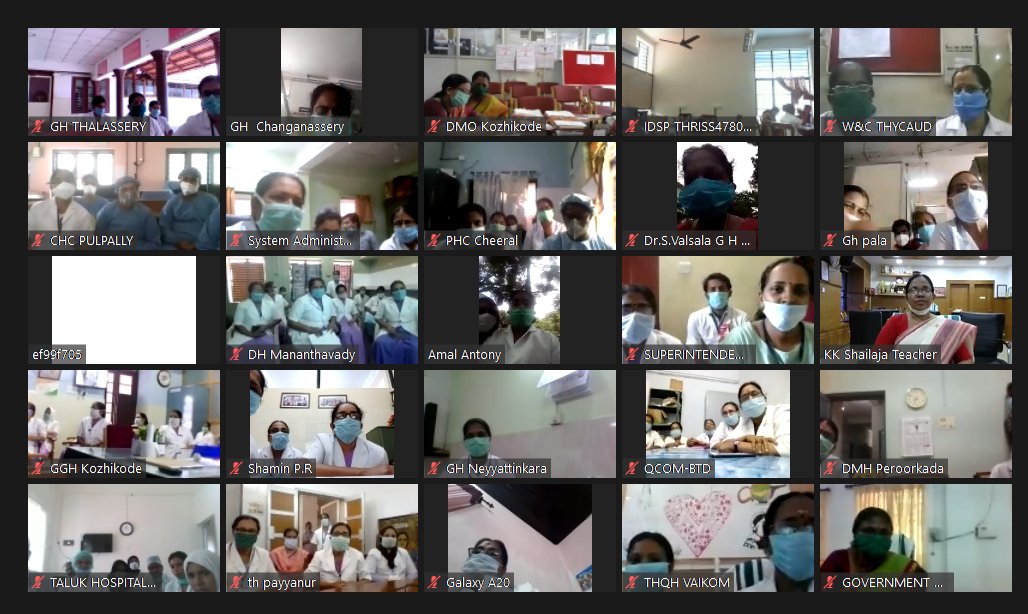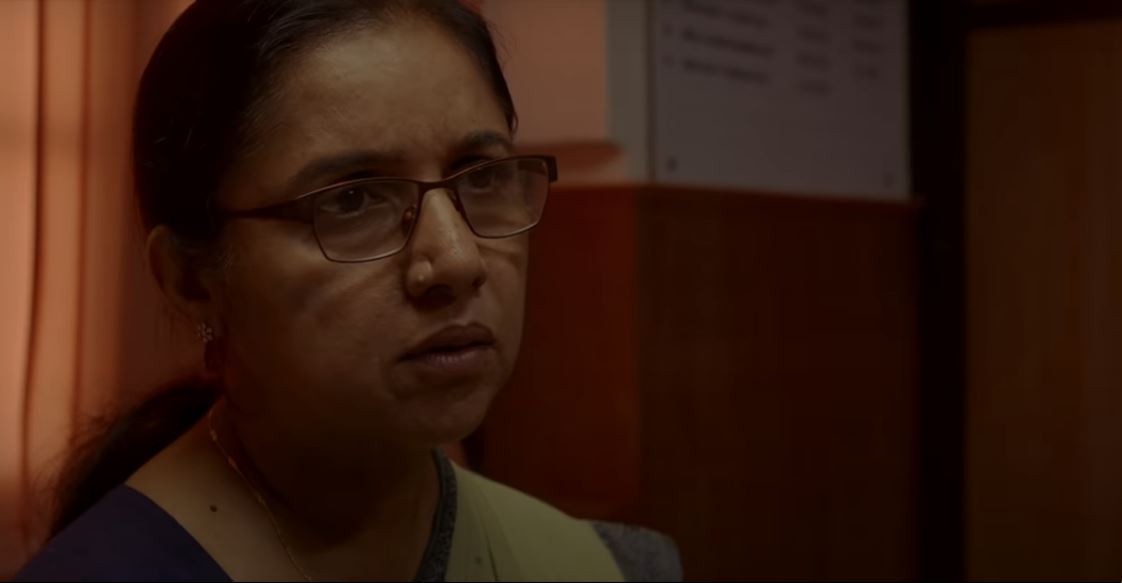
- Home
- India
- World
- Premium
- THE FEDERAL SPECIAL
- Analysis
- States
- Perspective
- Videos
- Sports
- Education
- Entertainment
- Elections
- Features
- Health
- Business
- Series
- In memoriam: Sheikh Mujibur Rahman
- Bishnoi's Men
- NEET TANGLE
- Economy Series
- Earth Day
- Kashmir’s Frozen Turbulence
- India@75
- The legend of Ramjanmabhoomi
- Liberalisation@30
- How to tame a dragon
- Celebrating biodiversity
- Farm Matters
- 50 days of solitude
- Bringing Migrants Home
- Budget 2020
- Jharkhand Votes
- The Federal Investigates
- The Federal Impact
- Vanishing Sand
- Gandhi @ 150
- Andhra Today
- Field report
- Operation Gulmarg
- Pandemic @1 Mn in India
- The Federal Year-End
- The Zero Year
- Science
- Brand studio
- Newsletter
- Elections 2024
- Events
- Home
- IndiaIndia
- World
- Analysis
- StatesStates
- PerspectivePerspective
- VideosVideos
- Sports
- Education
- Entertainment
- ElectionsElections
- Features
- Health
- BusinessBusiness
- Premium
- Loading...
Premium - Events

Beyond ‘Kerala model’, there is a lot to learn from Shailaja Teacher
It was due to Shailaja teacher's tireless efforts that the ‘Kerala model’ is today recognised as an effective anti-COVID strategy, not only by the country but around the world.

On January 30, Kerala Health Minister KK Shailaja rushed from Thiruvananthapuram to the Government Medical College at Thrissur, where a posse of officials was waiting for her. The team, which included the district collector, the district medical officer and three other ministers, had an urgent meeting that lasted until 2 am. In the wee hours, Shailaja announced to a room full of mediapersons...
On January 30, Kerala Health Minister KK Shailaja rushed from Thiruvananthapuram to the Government Medical College at Thrissur, where a posse of officials was waiting for her. The team, which included the district collector, the district medical officer and three other ministers, had an urgent meeting that lasted until 2 am.
In the wee hours, Shailaja announced to a room full of mediapersons the first case of COVID-19 in India — a medical student who had returned from Wuhan and was admitted at the Thrissur medical college.
“When she arrived, no one could see any sign of stress on her face. She appeared calm as always,” a television reporter recollects the nerve-wracking moments.
Despite her packed schedule, Shailaja continued addressing the media every day from then on. The briefings were noted for its spectacular detailing, leaving no room for the media to speculate. She would patiently face TV cameras, answer all questions and give scientific and cogent explanations every time with clarity. When Chief Minister Pinarayi Vijayan took over the mike by mid-March, he maintained the same level of transparency.
Having dealt with the deadly Nipah virus in 2018, Kerala under Shailaja was prepared to receive its first COVID-19 patient well in advance. In the third week of January, when she saw the news of the virus spreading in China, the minister had a conversation with the health secretary. She reminded him that there were a lot of Malayali students studying in Wuhan University.
“I asked him in a lighter vein whether this virus could board a flight and come to Kerala. He said it was certain. From that day onwards, we started preparing,” Shailaja tells The Federal in an exclusive conversation, recollecting how the battle began.
The next day, a rapid response team was formed. District medical officers (DMOs) were asked to open control rooms in every district headquarters. A team of health workers was deployed at the Kochi International Airport. A mock drill was planned for early February. But even before the drill could be conducted, the medical student from Wuhan landed in Kerala on January 25.
Shailaja maintains that there is no big secret behind Kerala’s successful model of containing the virus — be it Nipah or coronavirus. Scientific temper, decentralisation of power and resources, and a robust primary healthcare system are the key to Kerala’s success.
Battling Nipah
Shailaja shot into international fame ever since the Nipah outbreak of 2018 for her uncanny ability to manage crisis situations. The outbreak was contained with the lowest death toll recorded so far in the history of the virus across the world. Nipah has been listed as one among the seven pathogens of high priority by the WHO because of its high fatality rate, which ranged between 40% and 70%
It was the first time Kerala had heard of such a deadly virus. Shailaja admits she was anxious. “But there was no option. We had to fight it.”

It was on May 17, 2018 that doctors at Baby Memorial Hospital in Calicut found a patient with unusual symptoms of a viral infection which led them to the suspicion that they had been dealing with an unknown virus.
Soon after this fear was confirmed by the Virology Institute at Manipal, Shailaja rushed to the place and convened a meeting of all medical experts, doctors and nursing staff of the hospital. The isolation wards were immediately set up and all those with symptoms were isolated.
“It was a huge challenge. We had to learn everything afresh. Three members in one family had died of the same symptoms and many others were admitted. We started contact tracing in an aggressive mode,” the minister recollects. One more member of the family had died later.
Contact tracing required a collective action at all levels — from ASHA workers, health inspectors, civil administration to doctors, nurses and the police.
The response was lauded internationally. The WHO’s commendation said that “Kerala is known for achieving impressive health outcomes at modest incomes compared to the rest of the states in India. Accordingly, Kerala relied on the strengths of its health system to contain the outbreak. The leadership and commitment of all levels of Indian health authorities were seen.”
Scientific temper need of the hour
A former science teacher, Shailaja places all her bets on scientific temper. “People in the village (the epicentre of the Nipah outbreak) were extremely scared. It being an unknown virus, nobody had a clue on what was in store. I was informed that villagers had started leaving the place.”
This is when she decided to meet the villagers and allay their fears.
“A lot of rumours were spreading. One was that even the dogs were leaving the village. When people leave, dogs will accompany, which is a simple fact. All this triggered a scare.”
However, her officials discouraged the idea, saying it could prove fatal. But Shailaja stuck to her decision. A meeting was arranged with the local body members, anganwadi and ASHA workers, and health staff. Her visit ultimately helped the people change their minds. “My meeting with the people at the local level gave them a lot of courage, I believe,” she says.
Thoughtful, caring and go-getter
For people around her, the minister is a storehouse of inspiration.
“She is a person who keeps the entire team motivated. She reaches out to people even at the lowest rung,” notes Dr Mohammed Asheel, a public health expert and the executive director of Kerala Social Security Mission.
Shamla Nousher, an ASHA worker from Ernakulum, swears by it. “On April 7, I was asked to attend a Zoom meeting with health workers and higher officials. I didn’t get much time for preparation. Only after the meeting started, I realised that the minister was also present.”

Shamla thought she would be invisible amid all such bigwigs but the minister asked for the ASHA worker and insisted on talking to her.
Shamla was moved by the support shown by Shailaja and cherishes the fact that her first ever Zoom meeting was with the health minister of the state.
“She is an ardent learner who passionately chases information,” says an official in her team who prefers to remain unnamed. “She is never dependent on others and is eager to understand things on her own.”
In the early phase of the COVID-19, Shailaja in a meeting raised a question about the transition rate of the disease. “She asked what the R0 value for COVID-19 in Kerala was and said she wished to keep it below 2. Even the experts were surprised.”
R0 is the rate of transmission gauged by epidemiologists to estimate the spread of the disease. For COVID-19, it is around 1.2 in India, that is, five people can infect six others on an average. Across the world, the R0 is estimated to be between 3.8 and 8.9. Shailaja was well aware of this right from the beginning and such a way of working keeps officials on their toes.
Her party comrades don’t find all this surprising, though. Former Rajya Sabha member TN Seema, who was the President of All India Democratic Women’s Association (AIDWA) when Shailaja was the general secretary, says that she has always known the latter to be a perfectionist.
“Taking up challenges that others might find nearly impossible, and getting them done is her style,” Seema tells The Federal.
The dream of having an office space for AIDWA was successfully accomplished under Shailaja. Seema recollects how Shailaja learnt the entire process of constructing a building. “She insisted on attending every meeting with the architect and used to haggle to bring down the cost as much as possible.”
For many like Seema, Shailaja is someone who finds an opportunity in every crisis.
Power of admitting a mistake
Dr Unmesh AK, additional professor of Forensic Medicine and Police Surgeon at the Ernakulam Medical College, had a strong dislike for Shailaja in the past. He had conducted the postmortem of Saumya, a girl who was thrown out of a moving train and raped and killed. His statements during the trial were challenged by the prosecution that subsequently led to a vigilance inquiry against him.
Shailaja, as a leader of AIDWA then, spoke strongly against him in TV debates and public platforms for his alleged complicity. Later, inquiries proved the allegations wrong and he was exonerated.
Recently, Unmesh met Shailaja when she came for a function to the medical college. “When I met her, I was confused what to do. She is the minister of my department. The health secretary introduced me to her. Against all my expectations, the minister apologised to me in front of everyone.”
She told the doctor that she had a misunderstanding and got carried away by all those allegations. “It was a genuine expression of apology. She could have easily left without even acknowledging me, but she did not do that,” says Unmesh.
Dr Unmesh wrote a note on Facebook about his experience when Shailaja made a public apology for referring to Goa instead of Mahe in a BBC Interview. Though it was only a slip of the tongue, she called up the Goa Chief Minister Pramod Sawant and apologised, besides putting up an apology note on her official page.
While speaking, I intended to say that there were three deaths in Kerala and the fourth one was that of a person from Mahe who came to Kerala due to lack of health facility there. But, mistakenly I said Goa instead of Mahe, part of Puducherry UT.
— Shailaja Teacher (@shailajateacher) May 19, 2020
Ajanya M, one of the two Nipah survivors in the first outbreak in 2018, remembers Shailaja as the first human being she met without a mask or PPE after regaining consciousness.
“I was unconscious for a week or so. On the day before discharge, the minister came to meet me. I didn’t know what to say. She was like my mom.”
Ajanya, a nursing student in Kozhikode Medical College, is on COVID-19 duty now. She has a very unrealistic wish, though. Ajanya wants Shailaja to continue as the health minister of Kerala forever, irrespective of the political party that runs the government.
The first COVID-19 survivor, the medical student who returned from Wuhan, too has similar stories to share. In her case, the minister did not meet her personally but talked over the phone. “I was worried about my mother who used to feed me when I was in quarantine. Shailaja Teacher told me that she talked to my mom over the phone and promised me that she has been taken care of well.”
Her list of votaries include all and sundry.
“Kerala has always prided itself on talented and capable women who have achieved the distinction of being first in their respective fields,” says Governor Arif Mohammed Khan. The health minister, he adds, belongs to that category of exceptional leaders.
“There is no doubt that she played a crucial role in our fight against COVID-19, and it was due to her tireless efforts that the ‘Kerala model’ is today recognised as an effective anti-COVID strategy, not only by the country but around the world.”
A long way to go…
During the second outbreak of Nipah in 2019, the death toll was zero. Kerala had learnt how to handle a virus. Lessons of testing, aggressive contact tracing, preparing route maps, quarantine and isolation has so far helped Kerala in fighting the first two phases of COVID-19. The third phase, however, is going to be more critical, says Shailaja.
The only way is to develop personal hygiene habits as a cultural practice. Social distancing is going to be the new normal. “We have a long way to go and have to learn to live with not only COVID-19 but all sorts of viruses. Even if we manage to contain the spread, we cannot say we have won unless our neighbouring states and the entire world come out of it.”
However, handling crisis situations is not the only thing that she has done over the years. Under her, Kerala has managed to renovate around 400 primary healthcare centres. In the past three years, many government hospitals and primary healthcare centres have won the NQAS (National Quality Assurance Standard) certification from the Union Ministry for Health and Family Welfare.

This year, the first 12 best performing primary health care centres in India are from Kerala. All these and more achievements prompted director Aashiq Abu to ‘dedicate’ a Malayalam movie – Virus – to Shailaja in 2018. The movie could be termed a docu feature on Kerala’s fight against the Nipah virus.
But Shailaja has a small complaint about the character of CK Prameela (based on the minister) played by actor Revathi.
Prameela was a jittery ‘motherly figure’. Shailaja feels this did not do justice to her as “the woman in charge”.
“I was handling all the meetings including the press briefings which the film failed to capture. I could not afford to be as nervous as Revathi in the film at that point in time.”
Anyhow, she adds, the film captured all the other aspects well.
“What’s more, Revathi is my favourite actor too,” she says flashing her usual pleasant smile.
